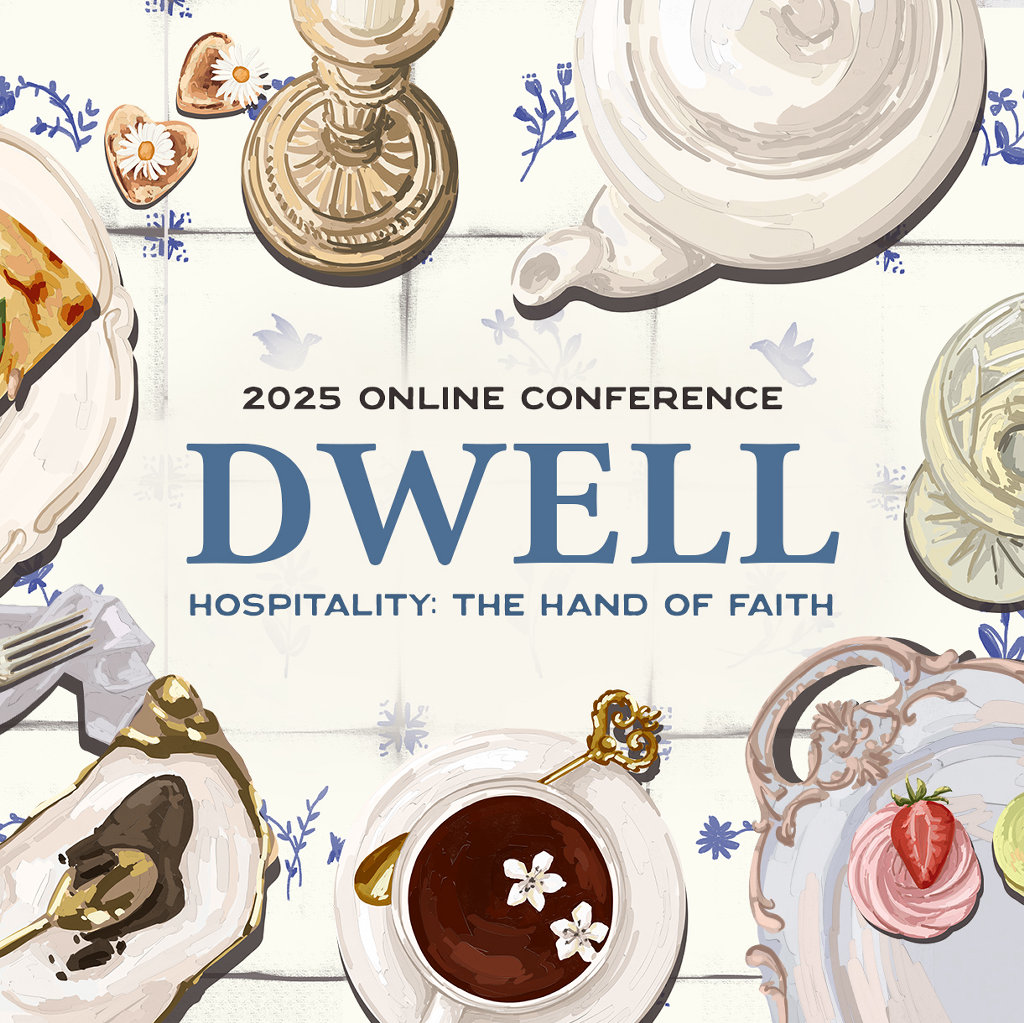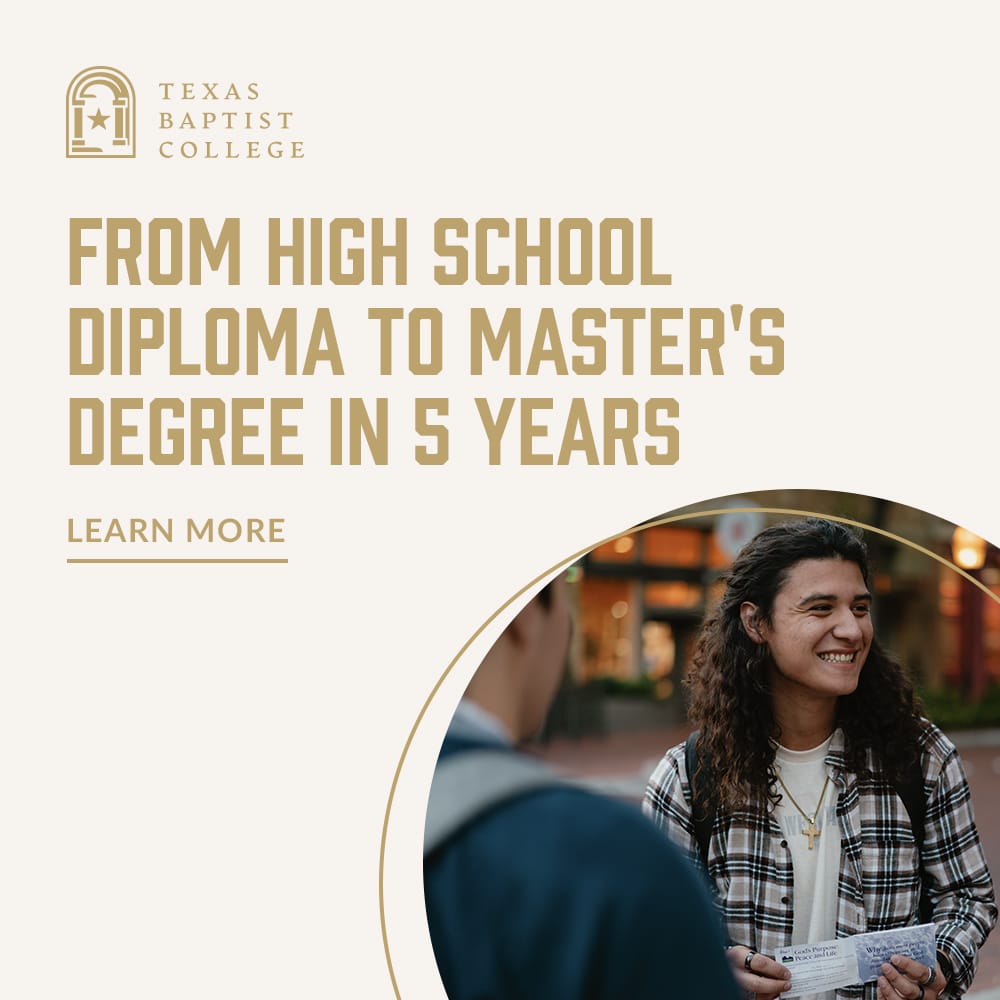The Failed Elevator Speech
Blessed are they who cannot easily explain their child's classical education

There you are in the parking lot, packing up the car with children and bags from church, as you try to carry on the interrupted conversation that began on the way out, when the question comes, “Where do your kids go to school again?” Your mind races. So many answers. So much to say. And yet the car is running now, the kids are hungry, and you have a minute-thirty to explain the entire history of Western culture from dawn to decadence.
We’ve all been there. Perhaps, it was at the latest playdate, or the recent baby shower, or the last neighborly barbeque that this question was casually thrown out. As if such a question was as easy as, “Where do you take your car for an oil change?” We know, however, that the seemingly harmless inquiry, “Where do your kids go to school,” really means, “Why do your kids go to school where they do?” It can feel like a jury summons. Or a call to justify one’s entire existence. Sometimes it might result in the opportunity to provide that apologia that St. Peter enjoins us to be always ready to give. Other times this question might lead to a rhetorical and philosophical call to arms. That’s because it often is. Those who choose to classically educate their children have consented to repeated collisions. Regardless of where you live—Bible Belt or Left Coast—the question of where your kids go to school is hardly neutral; and it is often a violent question.
In moments like these it is difficult to know how to answer, especially if it is only a literal moment. We are tempted to want to say everything about the scholarly community of our school, the academic rigor or our curricula, the blessed freedom of our homeschool, and the virtue of our virtue. And if you have had the fortune of attending some of the summer conferences over the last two months, the expectation to say it all is even greater. We recall that one plenary lecture at ACCS, the silver bullet to slay all contrary arguments. We bring to mind that one workshop at SCL on the curriculum that will be the panacea to all secular doubt. We recall the wonderful conversations at CiRCE this year, and we wish to invite others into it. We hear the great speakers and desire to loose our tongues in rhetorical glory.
But we can’t.
The car is running and the parking lot is emptying fast, and before you can say, “Latin,” or “Transcendentals,” or “Virtue,” the distractions ensue—a child cries, the phone buzzes a new text that you’re late, the sibling skirmishes break out. The person who only a moment ago seemed so open to hear about The Marriage of Philology and Mercury now appears to be inching closer to his car, impatient to catch the last quarter of a football game you didn’t know existed. You feel the opportunity slipping away, the sands draining from the hourglass, the drips of the water clock getting louder. You need to say more but you can’t. There is no time. Kairos has been swallowed up by Chronos, and you’ve lost the ability to sufficiently explain where your kids go to school and why. The elevator in your “elevator speech” has fallen. The cords have snapped. The cistern is broken. The mill has ceased turning. The signifiers and the signified are at war and the temple doors of Janus are flung open. The interrupted conversation has ended in interruption, bathing the whole scene in a sepia-tone of absurdist French drama. You try to recall if your words were coherent but fear they were only sound and fury.
In these parking-lot moments, it’s enough to make one want to circumvent the entire conversation, to say hurriedly, “My kids are homeschooled,” or to utter vaguely, “They go to a local Christian school.” Then close the door and drive away. But of course these are some of the questions that matter most in life. To ignore the significance of such personal exchanges, or to avoid their natural arrival in human relationship is like a farmer who avoids the harvest. Every day we are obliged to talk to others about what we do and why. And in a sense, it is a privilege.
But what is classical education? Honestly. If those who have been laboring in the fields of classical learning for more than a decade are still growing in their knowledge of it, as well as in their own ability to articulate it, then how can anyone offer a sufficient response? How are we supposed to say it all? One might well conclude that our schools and homeschools are undefinable. We are pressured to hone our “elevator speech” and feel guilty when our sales pitch comes up short. But perhaps the undefinable nature of classical education is its greatest virtue.
Classical education is humane education. It penetrates deep into the fact of man. It wrestles with that central and cosmological question which the inspired poet raises: What is man, that thou art mindful of him? And the son of man that thou visitist him? It is for this reason that we should be proud of the fact that we can’t easily explain where our children go to school and why. In this sense, we ought to rejoice in our inadequacy. We ought to celebrate our inability to neatly package classical learning, for the same reason that we ought to celebrate our inability to neatly package what a human is. The reason it is so difficult to explicate the riches of classical learning is the same reason it is so difficult to explicate the human condition. Both deal with the soul. With God. With love. With brokenness. With glory. And so on (and on). Man is more than his material make up; he is more than parts and components, more than the zinc he might yield on the precious commodities market, more than his utility as a slave. The same can be said of a classical education. It is not measured merely by test scores or statistical data; it is not an education that promises the highest paying job; and insofar as it makes men free, it is an education against slavery of every form.
This is not to suggest, of course, that classical education cannot be understood. It is only to remind us that it cannot be easily understood, and that any reductive effort on our part to answer such an important question might be woefully misguided. In the end, answers must come and conversations will happen. Even at inopportune times in parking lots. We should recall those speakers and workshops and the good wisdom we have fed on at summer institutes and conferences. We should do our best to fully articulate the complexity of classical learning and to invite others to contemplate the braided essence of the Good, the True, and the Beautiful in the world. But our inadequate attempts are no cause for lamentation. If anything, our failed elevator speeches should gladden our hearts. Any education that can be too easily reduced or so readily packaged to sell is not worth it. There should always be more to say, not less.

Devin O'Donnell
Devin O’Donnell is the author of THE AGE OF MARTHA. He has taught and worked in classical learning for over 15 years. In 2009, he and some crazy families founded a classical Christian school in California, where he later served as headmaster. In 2015, he was Research Editor of Bibliotheca. Currently, he is the Director of Family & Community Education at The Oaks Classical Christian Academy. He also teaches Great Books and is a classical hack, who came up through the manhole covers of learned society to find wisdom.








